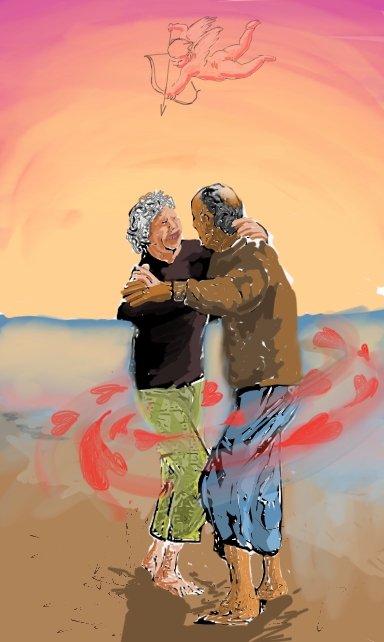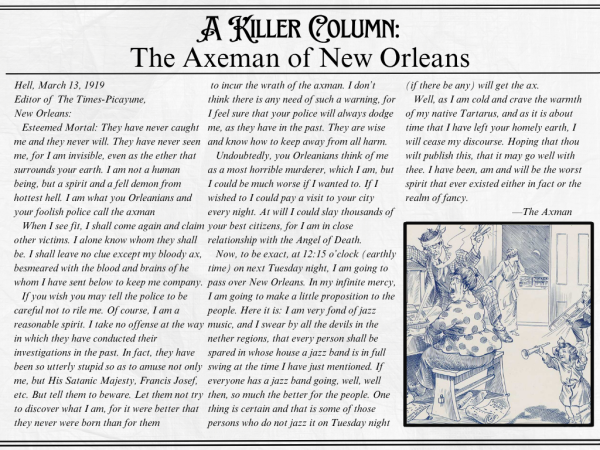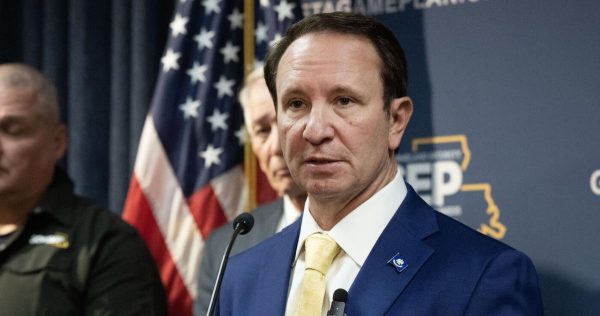Love doesn’t age or discriminate: seminar addresses romance myths
Misconceptions about people with disabilities are common and widespread, especially when it comes to sex and aging.
Some popular misconceptions include the idea that people with disabilities are uninterested in sex and relationships, sexual activity is dangerous for people who have disabilities and people who live in facilities shouldn’t engage in sexual relationships.
To address these misconceptions and debunk some myths, the gerontology program hosted an event to share a clear message—Cupid doesn’t discriminate.
The event was hosted by Anita Sharma, an associate professor and the gerontology program coordinator, and included Sharon Delvisco as a speaker.
Delvisco, a project director at Team Dynamics LLC, has worked in human services for more than 30 years. She shared a list of myths about sexual relationships involving people who are disabled and explained why each one is incorrect.
According to Delvisco, the idea that people who are disabled don’t want to have sexual relationships is inaccurate.
“Just because you’re disabled doesn’t mean you’re asexual,” Delvisco said.
One strong point of her presentation was that sex is for everyone and it looks different for everyone. There is no “real” or “correct” type of sexual activity.
Stereotypes about sexual activity among people who are disabled can be especially heightened about
those who are elderly. Delvisco said that a common misconception is that sex is damaging to the health of older people.
But Delvisco said that sexual activity is good for the health of older people and reduces stress and anxiety.
“Sexual activity is cardiovascular exercise,” Delvisco said. “So there’s actually health benefits to engaging in sexual activity as we age.”
According to the National Poll on Healthy Aging, 76% of adults between the ages of 65 and 80 believe sex is an important part of a romantic relationship.
Carl Thameling, a communication professor and one of the attendees, brought up the issue of sexual relationships being discouraged in living facilities.
“It seems that they could have some sort of alternative options for them to at least acknowledge that they’re human beings and that they have feelings,” Thameling said.
Kelli Cole, the assistant director of assessment and evaluation at the College of Business and Social Sciences, also spoke at the event.
Cole’s husband became paraplegic after a car accident in 2011. She said that while counselors told her husband that it’s common for partners to leave their spouse in situations like this, that thought never entered her mind.
“Just because your spouse or significant other has a disability, it doesn’t change the way that you see that person or feel about that person,” Cole said.





